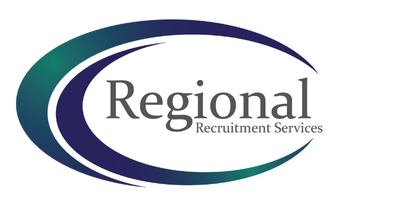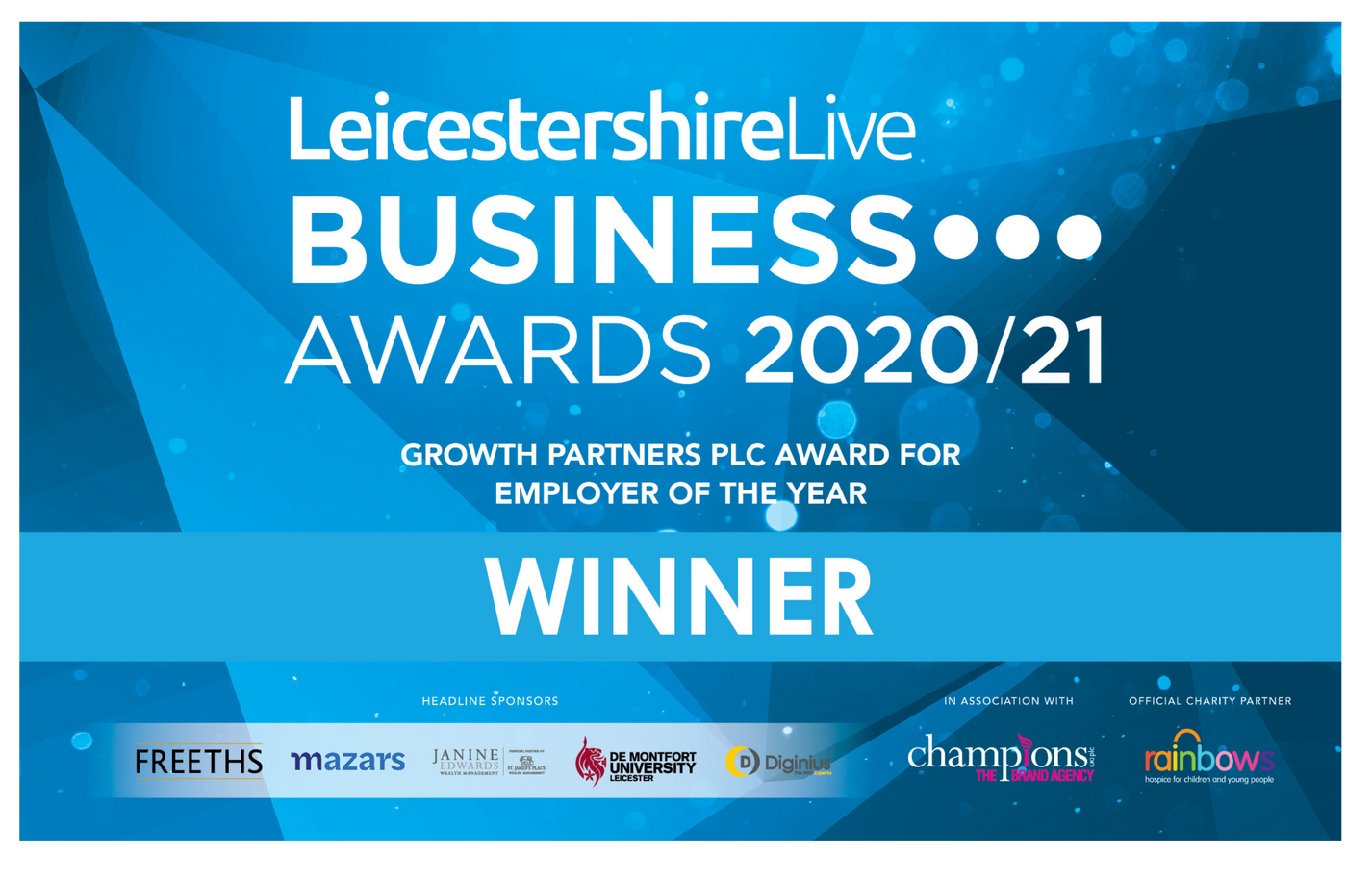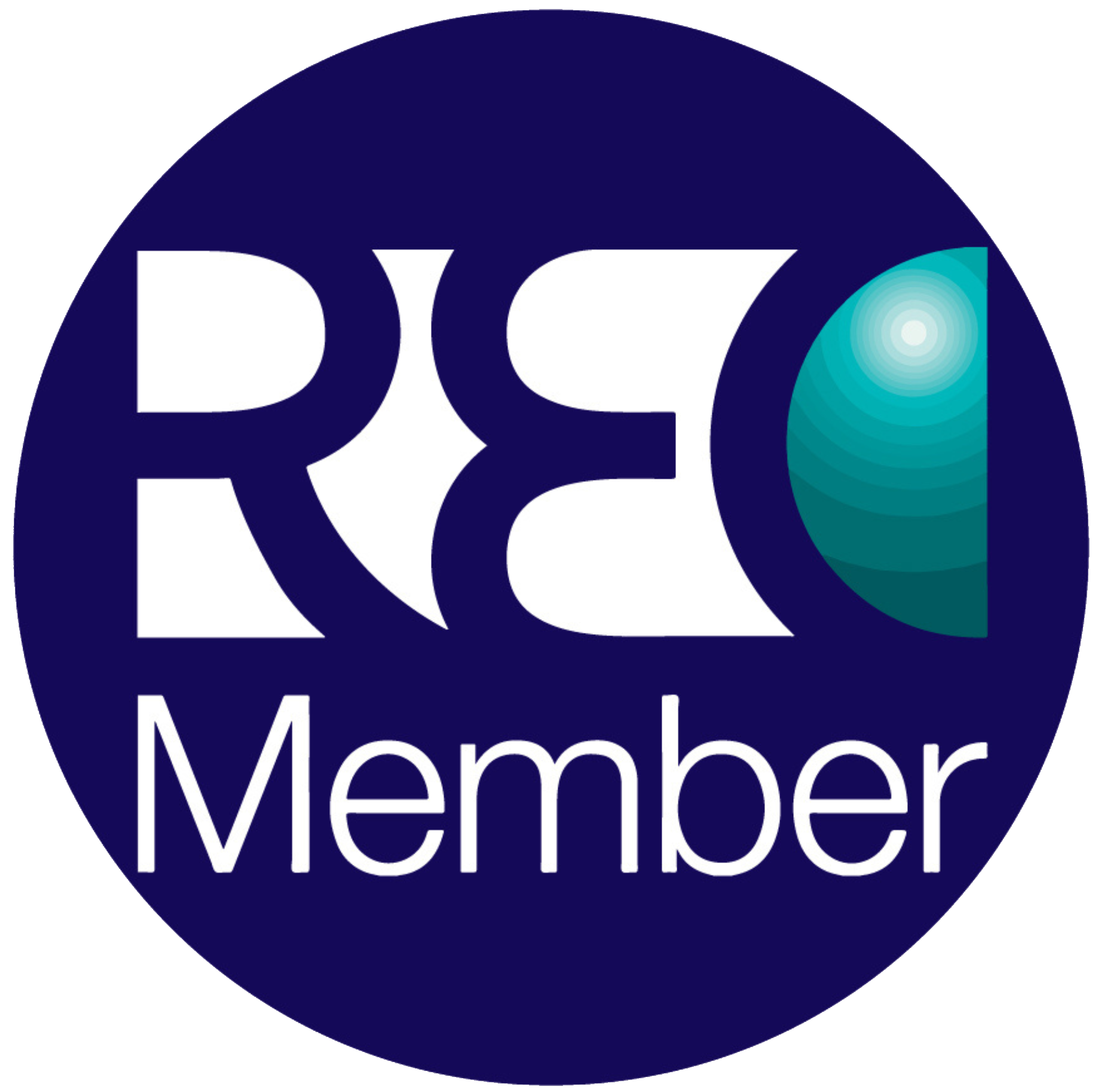Spring into Success: 7 Tips for Advancing your Career Goals this Season
As the days get longer, Spring presents itself as a perfect opportunity to re-evaluate your career aspirations and propel yourself towards a brighter future. Whether it’s a career change you’re looking for, you are seeking a promotion or you’re just interested in a new opportunity, we’ll help you explore tips and strategies to make significant steps in your career journey this season.
1. Set Your Goals
As it’s a new season, set yourself fresh goals, perhaps it’s a landing a new job, acquiring new skills, or trying something new altogether. Whatever it may be, make sure your goals are clear, achievable and relevant.
Making your goals clear means being specific in what you want, instead of something vague like ‘get a new job’ ask yourself more specified questions to define the goal clearly. What industry do you want to get into? Are you looking for something temporary/permanent, full time/part time? In which area are you looking for work? This goal then becomes something like ‘get a new full time, permanent role in the professional services industry around the Leicester area’, with this goal defined you can then start to think about what sort of job it is you are looking for which may be dependent on your experience or whether you are looking for something new.
To make goals achievable you need to make them challenging yet attainable, ensure your goals are in reach considering your current skills, experience, and available resources. Look at potential obstacles you may encounter along the way and develop strategies to overcome these, by anticipating challenges and there solutions you are keeping yourself on track to move forward with your goals.
Keeping your goals relevant helps you to reach bigger life objectives, aligning your goals with these objectives ensures you are on a clear path to reach them. Consider your priorities and what significance your goals hold to them, focus on the goals that are going to drive growth, development, and fulfillment.
2. Refresh Your Skills
A new season can be a time of renewal for many, it’s a good time to refresh your skillset and acquire new skills. Use the power of online platforms to gain new skills, relevant to your industry.
Attending conferences, workshops, and online courses can excel your skills, and allow you to become more skilled in your field. Showing a willingness to continuous learning not only speeds up the process to reach your goals, but also makes you more appealing to employers.
Another way to advance your skills is to be constantly adapting to industry changes, keep up to date with new technologies, methodologies and best practices. Refreshing your skills ensures that you are aware of these changes and helps you remain competitive in the job market, use this as an opportunity to acquire new knowledge and techniques that enhance your effectiveness and efficiency in your career.
3. Network With Purpose
A great way to advance your career goals is to expand your professional network, whether this be in-person or online, being pro-active in building relationships opens up new opportunities. A great way to start building your network, from home, is to connect with people in your industry on LinkedIn, from this you will gain insight and information on the latest updates, news, trends and developments.
Building on your professional network is an investment in long term growth, the relationships you start building now can provide support and guidance through your career journey. By fostering connections that hold value, you create a supportive community that can help you navigate challenges you may face in the future.
With the new season comes renewed sense of motivation for professionals, this makes it a good time to engage with others in your industry as people are generally more open to new connections at this time.
For more on Networking please read our blog - Click here.
4. Update Your CV & Online Presence
Start to Spring clean your CV, this is an opportunity to showcase your recent accomplishments, new skills, and experiences. Reflect on your growth and progress since you last updated your CV, and highlight this, it will help potential employers/connections understand the value you bring to the table and the effort you have made to develop your current skills even further.
Updating your CV and online presence allows you to align your professional narrative with your current career goals. Tailor your CV and online platforms to highlight experiences, skills, and achievements relevant to your industry or desired career path.
An updated profile on a professional platform such as LinkedIn can improve your visibility to potential employers/recruiters. Using relevant keywords and engaging with industry topics on your profile are both great ways to improve visibility. Remember to also showcase your personality, this is important for building a personal brand, convey your professionalism, enthusiasm, and authenticity.
5. Seek Feedback & Mentorship
When advancing in your career, a crucial step is taking on board feedback, a good place to start may be identifying what you think your strengths and weaknesses are. Recognising your strengths allows you to use them effectively, whilst acknowledging your weaknesses enables you to proactively address them.
Seeking feedback allows you to gain valuable insights into your performance, skills, and areas for improvement, this feedback can be given by your colleagues, mentors, trusted advisors, etc. Asking a few people for feedback gives you a fresh perspective on your career journey and identifies areas for improvement to later challenge.
Gaining feedback from mentors can accelerate your learning and development, they may offer guidance, share experiences, ad provide advice. Learning from a mentors professional successes and failures can help you to navigate similar challenges in your own career journey.
6. Maintain a Healthy Work-Life Balance
During a time where a lot of your focus is on career advancement, make sure you prioritise your well-being. Prevent burnout by focusing on your physical, mental and emotional well-being before anything else.
Maintaining this work-life balance will, contrary to popular belief, boost creativity and productivity, as working longer hours does not necessarily equate to higher productivity. Research suggests that working long hours can diminish creativity over time, by taking time for yourself and doing things you enjoy, your productivity and creativity should naturally increase.
It’s also good to foster your own personal growth, by pursuing hobbies/interests outside of work it contributes to your overall growth and fulfillment. Activities like these provide further opportunities for learning, exploration, and self-discovery, enriching your life beyond your career. It’s also a good idea to set boundaries between work and your personal life, set yourself designated work hours ad stick to them where you can.
7. Celebrate Progress
Whatever stage you are at in your career journey, or what goals you are setting out to achieve, it’s important to celebrate progress you make along the way. Celebrate the ‘small’ wins, like making a job application or reaching out to someone in the industry, giving yourself credit for these ‘small’ wins will not only boost your confidence but also give you an idea of where you are at, in terms of reaching your goals.
Look at your progress as motivation to keep moving forward, use positive reinforcement to strengthen your commitment to your goals, this will spur you on and encourage you to persevere, even in the face of challenges. When doing this you are practicing a positive mindset, as you develop, challenges will been seen as opportunities for further growth rather than obstacles to overcome.
Finally, reward yourself for your hard work, recognise that your hard work deserves acknowledgement. Treat yourself to something special as a token of appreciation for your efforts, an act of self-care reinforces the importance of balancing work and personal well-being, nurturing a healthy relationship with your career.













